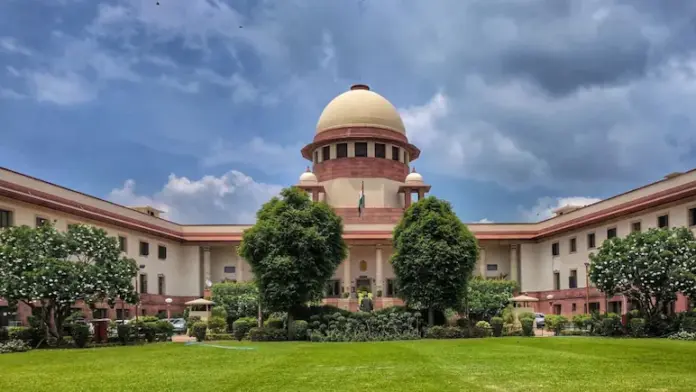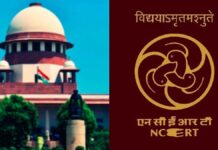In a landmark decision, the Supreme Court of India today ruled that neither the President nor the Governors of states can be bound by fixed timelines when deciding on Bills passed by the legislature.
Also Read- Apple iPhone 16 vs iPhone 15 Comparison: From design to price, how different will the new iPhone be
A five-judge Constitution Bench, answering a Presidential Reference, stressed that the actions of the constitutional heads on Bills are generally not justiciable (subject to court action) until the Bill actually becomes law.
This verdict effectively strikes down the earlier controversial ruling by a two-judge bench in the Tamil Nadu Governor case, which had attempted to impose deadlines.
The Central Question: Judicial Review vs. Executive Discretion
The ruling came in response to a reference sought by President Droupadi Murmu under Article 143 of the Constitution, which sought clarity on the Governor’s powers under Article 200.
Also Read- Apple iPhone 16 vs iPhone 15 Comparison: From design to price, how different will the new iPhone be
The President’s query was prompted by the two-judge bench’s verdict that had imposed deadlines and even introduced the concept of “deemed assent.” The President cited Article 361, which grants immunity to the Governor and President from court accountability for the duties of their office.
The Constitution Bench, led by Chief Justice of India BR Gavai, was unequivocal: Imposing a timeline is “strictly contrary” to the spirit of the Constitution. The bench included Justice Surya Kant, Justice Vikram Nath, Justice PS Narasimha, and Justice AS Chandurkar.
Also Read- Apple iPhone 16 vs iPhone 15 Comparison: From design to price, how different will the new iPhone be
Why ‘Deemed Assent’ Was Struck Down
The Supreme Court firmly rejected the previous court’s argument of ‘deemed assent’—the idea that a Bill is automatically approved if the Governor fails to act by a deadline.
The court stated that granting a Bill ‘deemed assent’ at the expiry of a judicially set timeline would be:
“Virtually a takeover, and substitution, of the executive functions by the Judiciary, through judicial pronouncement, which is impermissible within the contours of our written Constitution.”
In essence, the court held that the judiciary cannot usurp the functions reserved for the Governor and President, thus upholding the separation of powers.
The Origin of the Conflict: The Tamil Nadu Case
The case that prompted this constitutional clarity was The State of Tamil Nadu vs The Governor of Tamil Nadu.
Also Read- Apple iPhone 16 vs iPhone 15 Comparison: From design to price, how different will the new iPhone be
In April of this year, a two-judge bench had used its special powers under Article 142 to declare 10 Bills withheld by Governor RN Ravi as “deemed to have been assented.” The court had argued that the Governor must act “with due deference to the settled conventions of parliamentary democracy” and respect the will of the people.
However, the current five-judge bench has now negated this specific action, emphasizing the delicate balance of powers.
The Key Takeaway for Governor Bill Assent
While the Supreme Court refused to set rigid timelines, the search results noted that the court observed that Governors cannot indefinitely withhold assent to Bills. In cases of prolonged or unexplained delay, the courts can still issue a limited direction to the Governor to decide on the Bill within a “reasonable time,” without commenting on the Bill’s merits.
Also Read- Apple iPhone 16 vs iPhone 15 Comparison: From design to price, how different will the new iPhone be
End. . .






